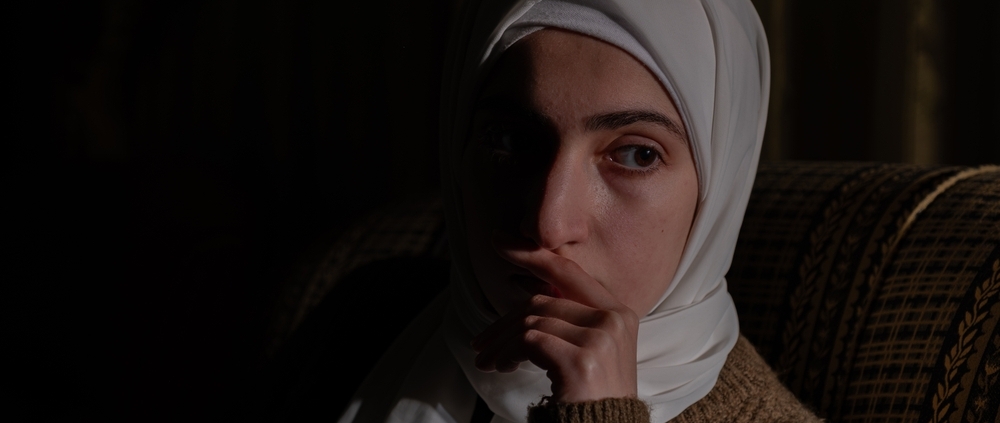I Have Been Divorced Three Times, But My Husband Denies and Seeks Khula?
Answered by Mawlana Ilyas Patel
Question
I have been separated from my husband of 19 years for the past two and a half years. Our marriage was never good. I battled many of his bad habits, and his family were also trouble-causers.
I have three grown-up children, all over the age of 16. In the past two and a half years, he has given me divorce three times each separately but states this is your first divorce.
He hasn’t given me a second or third in sequence, but he has said this is your first divorce each time. We have not had any personal relations in two and half years, and he believes we are still married and I should seek Khula to divorce. Please advise.
Answer
In the Name of Allah, the Most Merciful and Compassionate
I pray you are in good faith and health. Thank you for your question. I am sad to hear about your marriage troubles. Allah Most High is the best of planners.
You are now divorced. As you mentioned, you have been issued three divorces, each separately, despite your ex-husband denying it. Khula is a release for payment, in other words, a request for divorce in exchange for money. However, he has divorced you.
Fiqh of Divorce
There are three types of divorces in the Hanafi school:
- Most Preferred (Ahsan)
- Preferred (Sunna) and
- Unlawful Innovation and Sinful ( Bid‘a)
The Most Preferred (Ahsan) divorce is to make one pronouncement of divorce to the wife in a purity period (tuhr) between menstruations, in which no sexual intercourse with the wife has taken place. She is left until her waiting period (‘idda) ends.
The Preferred (Sunna) divorce is to pronounce three divorces in three separate periods of purity (tuhr) in which no sexual intercourse with the wife has taken place.
The Unlawful Innovation and Sinful (Bid‘a) divorce consists of either making a pronouncement of divorce during the woman’s menstrual period (haid) or pronouncing two or three divorces at once or issuing a divorce in a purity period (tuhr) in which sexual intercourse with the wife took place.
[Ibn ʿAbidin, Radd al-Muhtar]
[Maydani, Al-Lubab Fi Sharh al-Kitab]
Due to the sensitivity of this situation, I would advise you to consult local scholars – people who are reliable, pious, and wise and understand family and community dynamics.
I would like you to go through the valuable answers and links below. You will receive guidance and direction in sha Allah.
Related
- What Is the Fiqh of Divorce? Is Pronouncing a Divorce in Front of Witnesses Necessary? (seekersguidance.org)
- What Is the Process of Asking Khula from Husband – (seekersguidance.org)
- khula Archives – SeekersGuidance
- How Does One Perform The Prayer Of Need (salat al-haja)? – SeekersGuidance
Wassalam,
[Mawlana] Ilyas Patel
Checked and Approved by Shaykh Faraz Rabbani
Mawlana Ilyas Patel is a traditionally-trained scholar who has studied in the UK, India, Pakistan, Syria, Jordan, and Turkey. He started his early education in the UK. He went on to complete the hifz of the Quran in India, then enrolled in an Islamic seminary in the UK, where he studied the secular and ‘Aalimiyya sciences. He then traveled to Karachi, Pakistan. He has been an Imam in Rep of Ireland for several years. He has taught hifz of the Quran, Tajwid, Fiqh, and many other Islamic sciences to children and adults onsite and online extensively in the UK and Ireland. He taught at a local Islamic seminary for 12 years in the UK, where he was a librarian and a teacher of Islamic sciences. He currently resides in the UK with his wife. His interest is a love of books and gardening.
